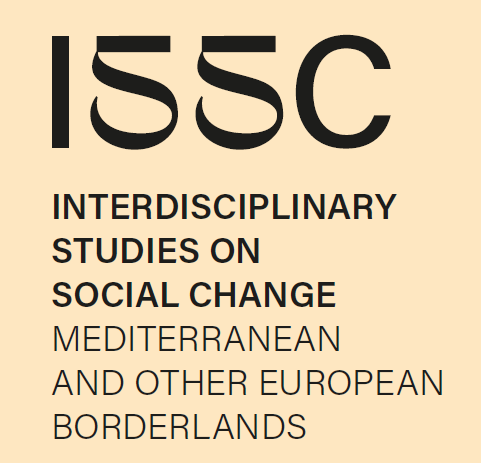This course addresses the processes of human mobility and social change in the Mediterranean region through the lens of power relations based on gender and generations, drawing on the concept of Gendered Geographies of Power (Mahler & Pessar, 2001). It will also employ the sociological categories of generation and life course as conceptual frames.
We will explore the demographic phenomena such as the bulge of young populations in the Middle East and North Africa (MENA, also referred to as West Asia and North Africa – WANA) and the aging population in Southern Europe, considering their socio-political consequences. We will look at elderly care in families (e.g. Fernández-Reino & González-Ferrer, 2019; Kronfol et al., 2015), formal care provision, including by immigrant care workers (Bettio et al., 2006; Sciortino, 2004). Furthermore we will analyse and discuss the gendered consequences of economic and political crises in countries of the regions (Khalil, 2014; Moreno, 2004). We will look at the specificity of gendered experiences of people participating in various types of mobility: family migration, retirement migration, asylum seeking, irregular migration (Ahmed, 2015; Salih, 2002; Schmoll, 2024). Attention will be devoted also to minorities and intersectionally vulnerable groups and their agency vis-à-vis the conservative regimes and discrimination (Coll-Planas et al., 2021; Gallo & Scrinzi, 2016, Rosati et al., 2021).
These processes affect societies located on land and seaside, in geographic spaces that are also subject to power relations. Therefore we will look at land ownership and management, home-ownership and national welfare state (Poggio, 2011) and real estate markets that attract retirement migrants from wealthier societies than the local populations (Ahmed, 2015). Furthermore, we will explore how the inequalities based on generational hierarchies and gendered power relations are exacerbated by climate change, which threatens livelihoods by destabilizing food production and access to safe water (Sobczak-Szelc & Fekih, 2020; Van Praag 2022). The precarious agriculture of Southern Europe is at the same time dependent on manual labour provided by the migrant workers displaced from countries further south (Corrado et al., 2016).
The course is suitable for students interested in combining the categories of gender, generation and power with the lived experience context of households, families, local communities and livelihoods as well as the spatial contexts of home, land and natural environment. Students will be invited to critically engage with academic contributions from various disciplines, such as sociology, anthropology, political science and development studies, as well as critical journalism and creative content to develop multifaceted analyses of selected social phenomena in the region. This workshop-style class will combine reading-based discussions and small exercises with larger individual or group tasks devoted to in-depth analysis of selected topics or case studies, culminating in class presentations.

